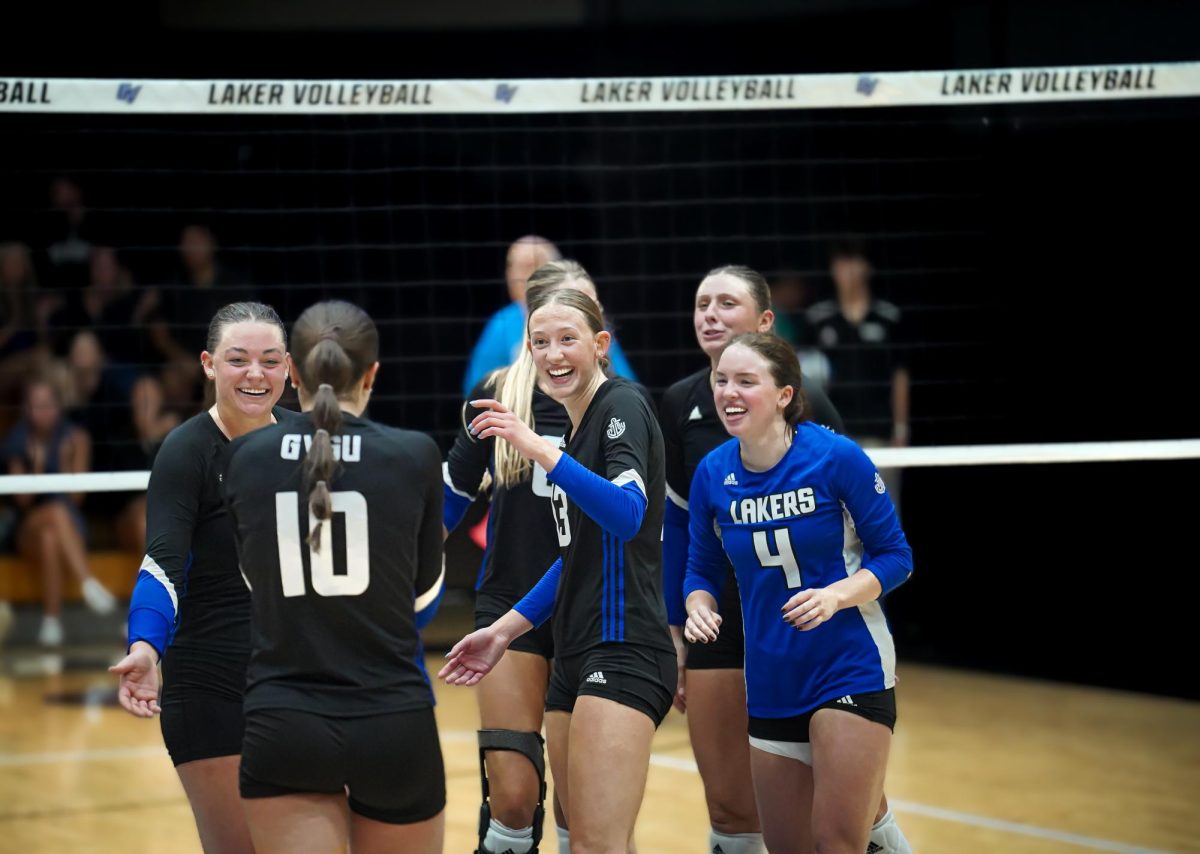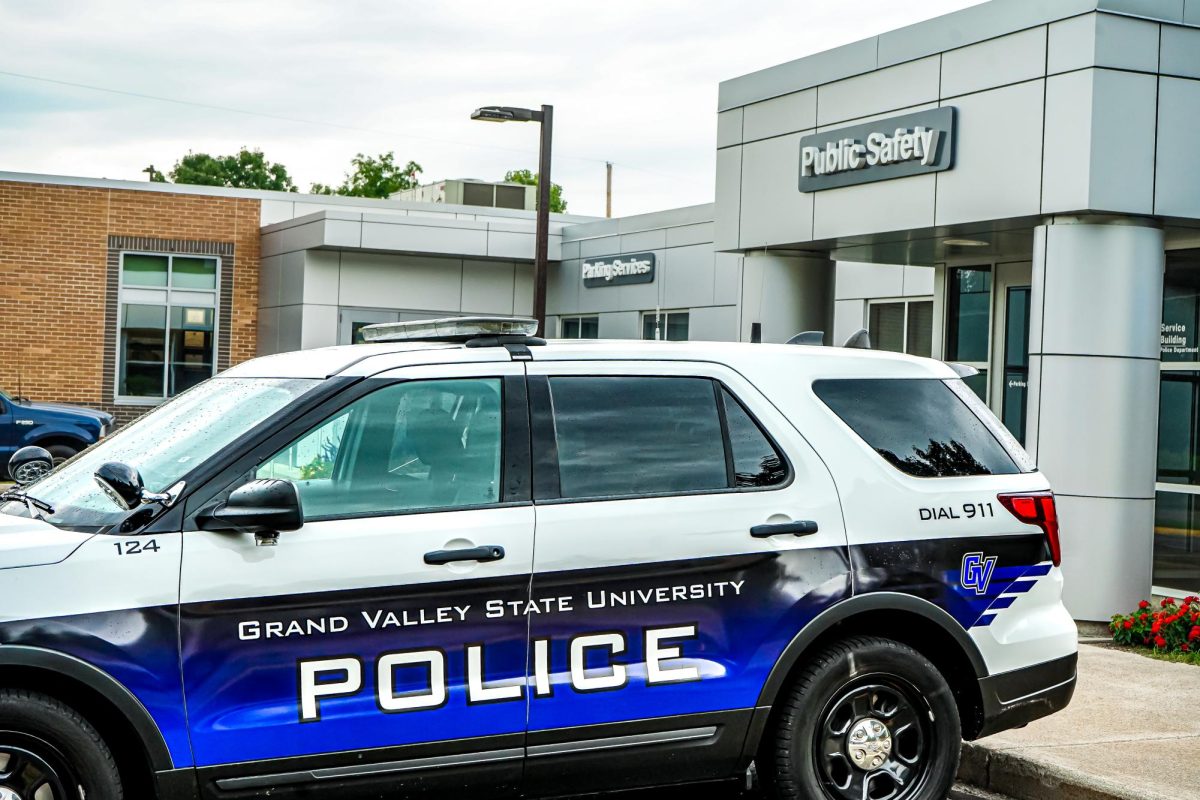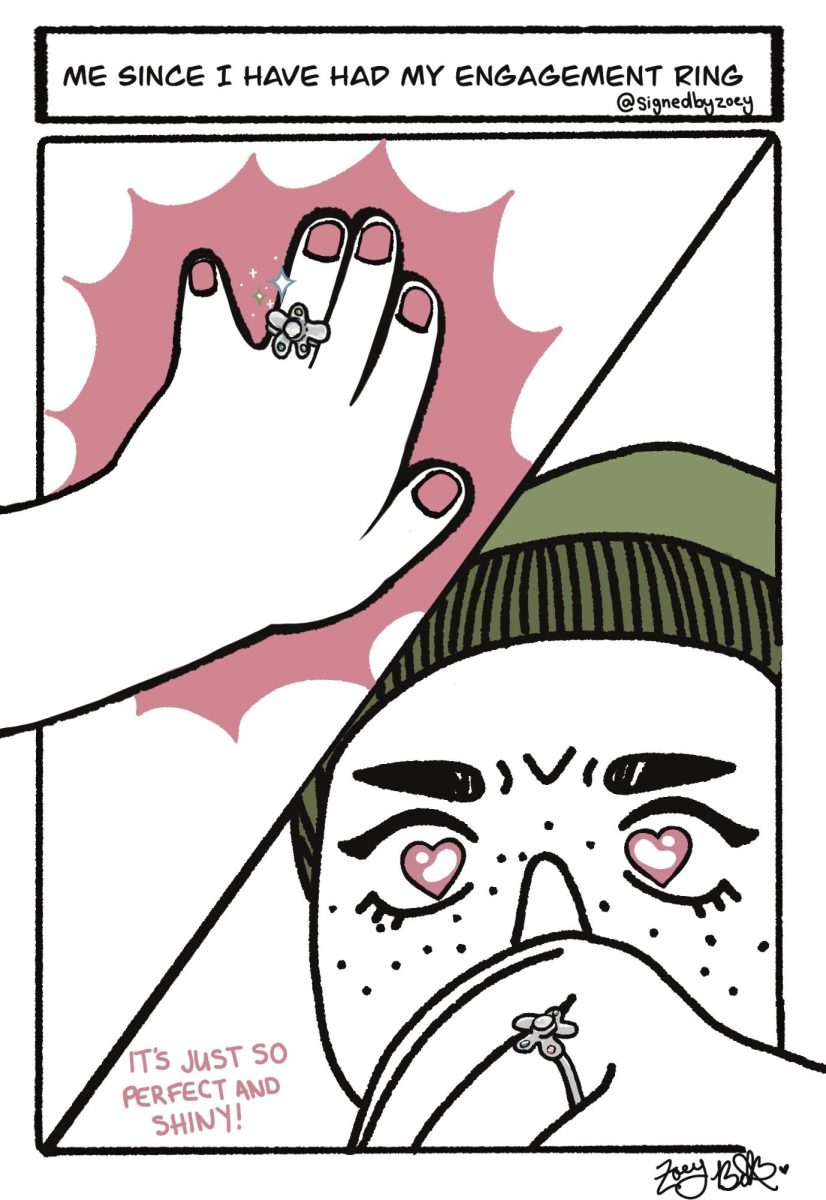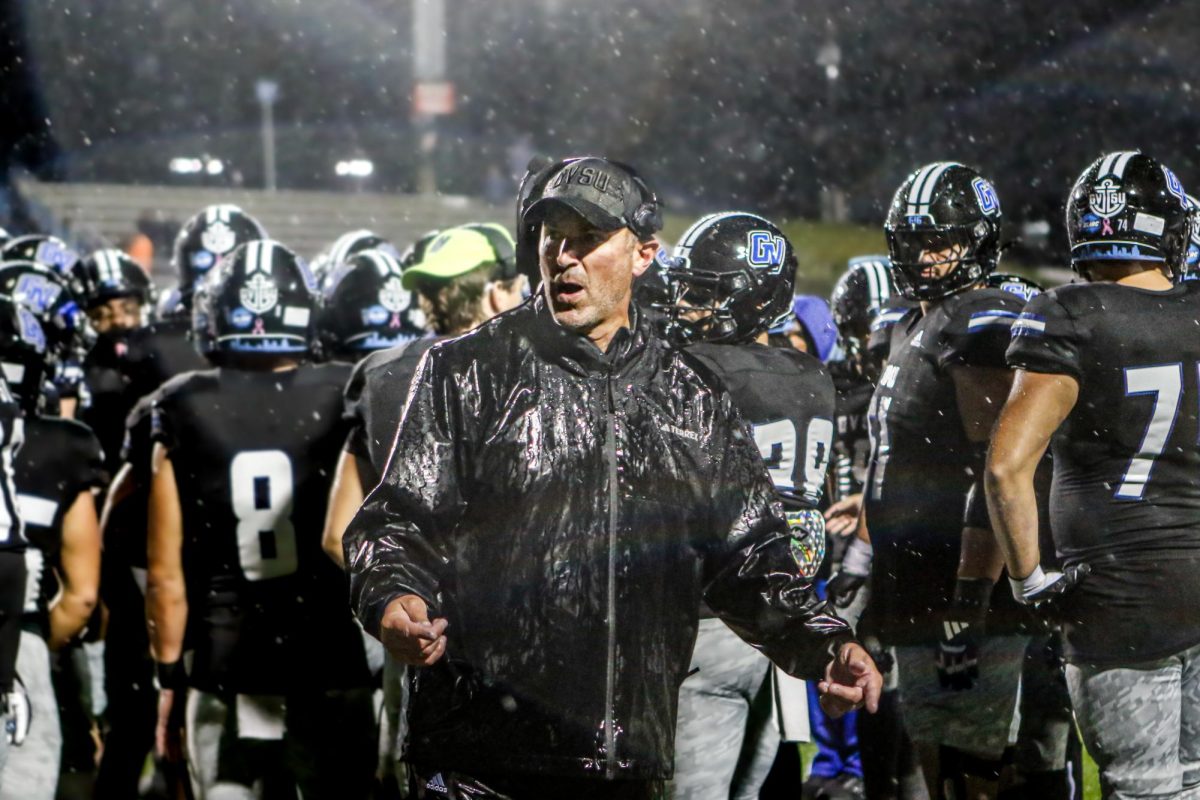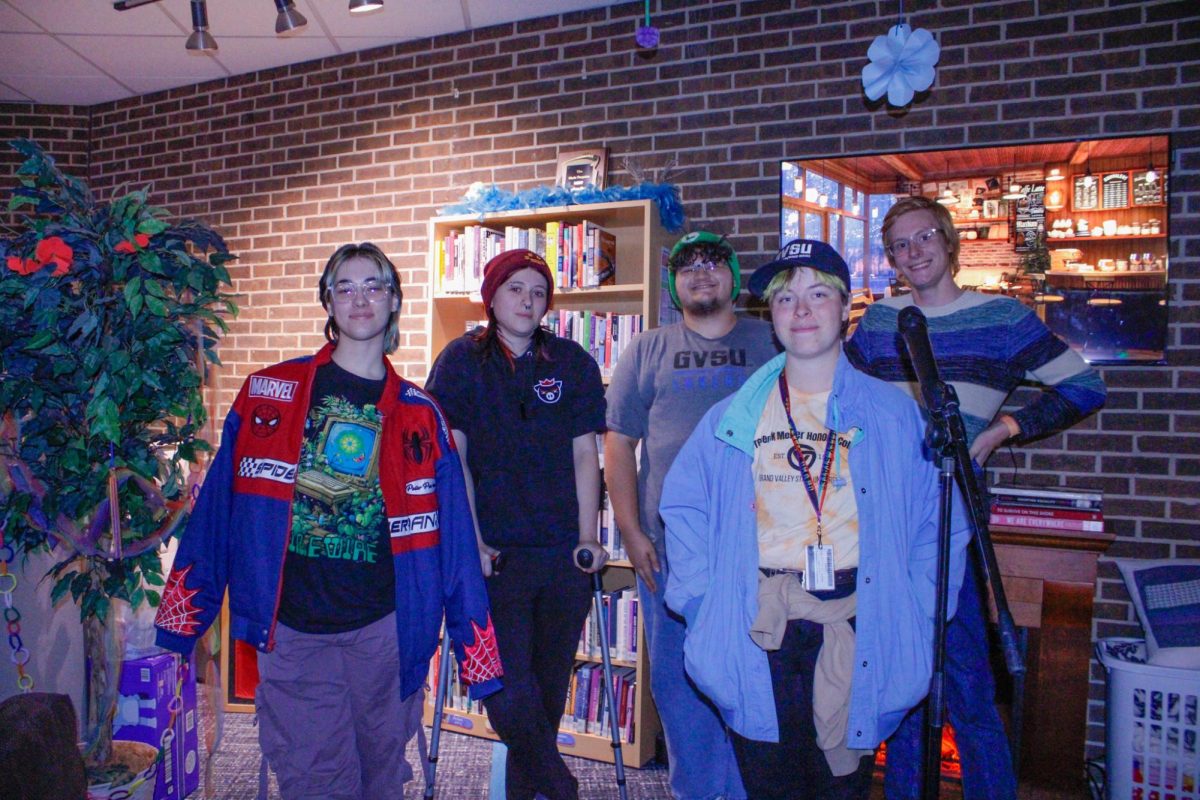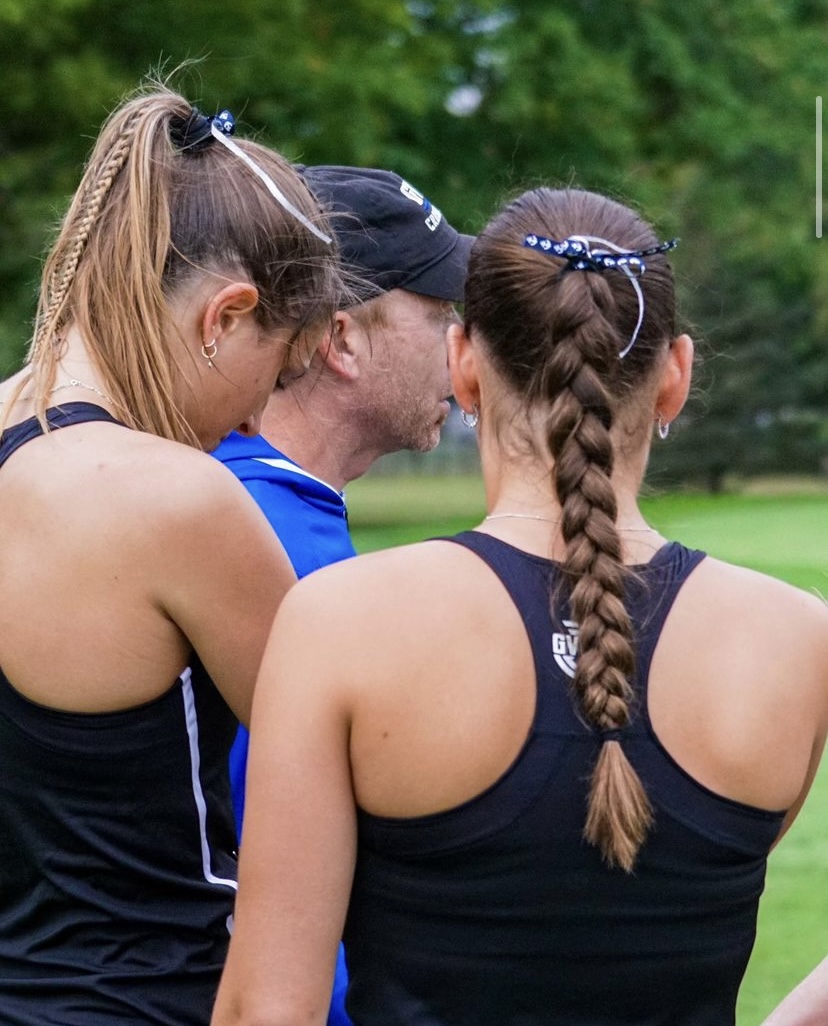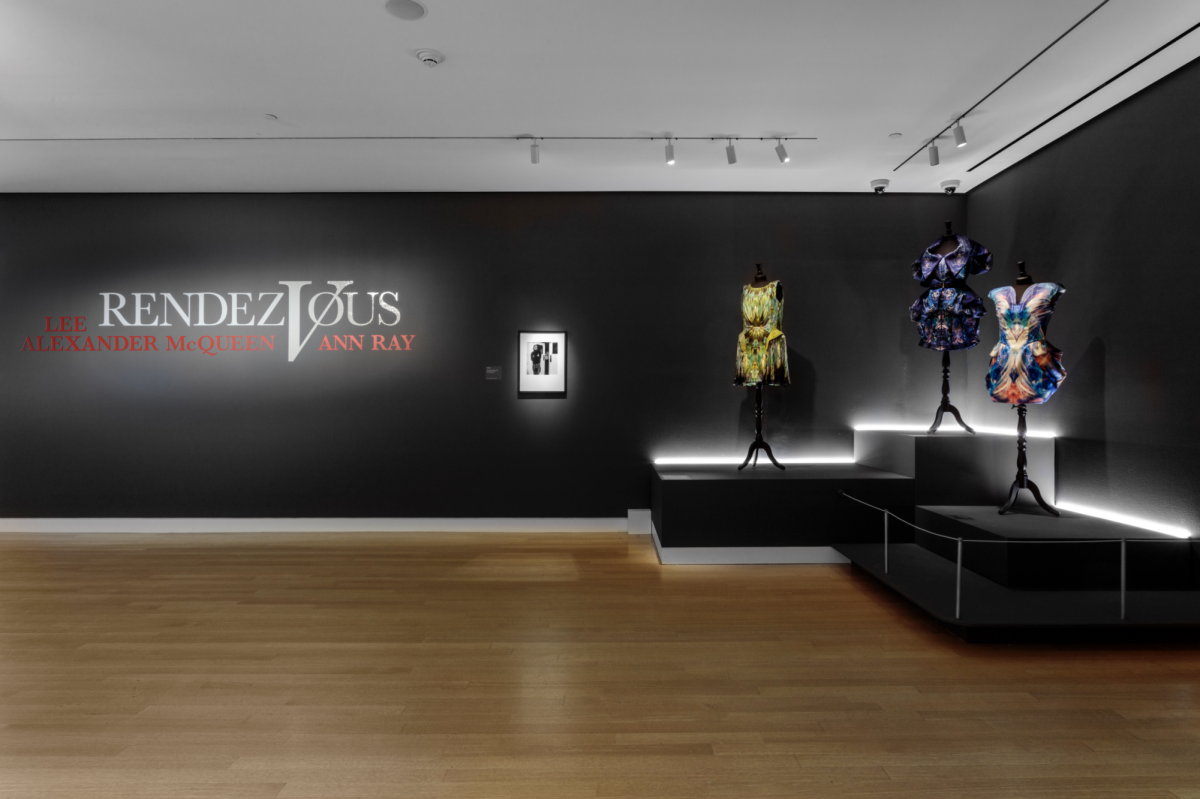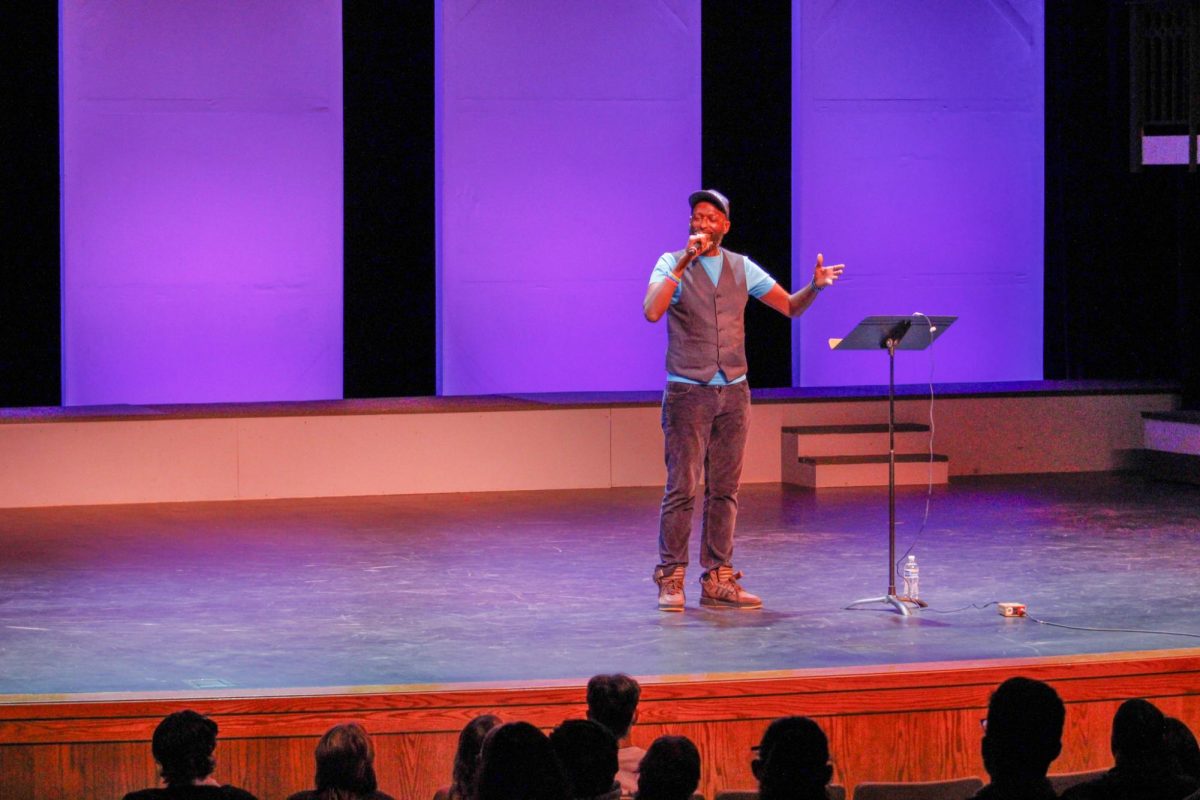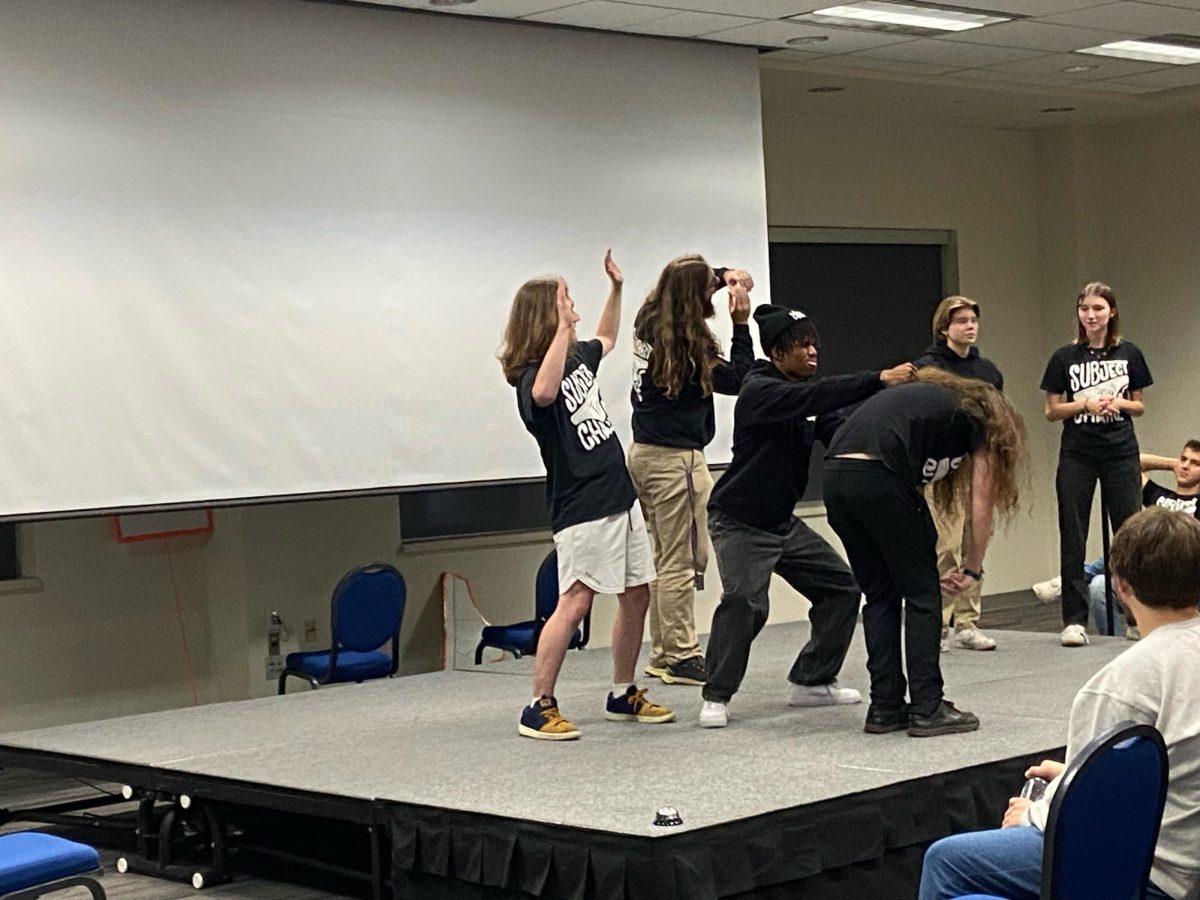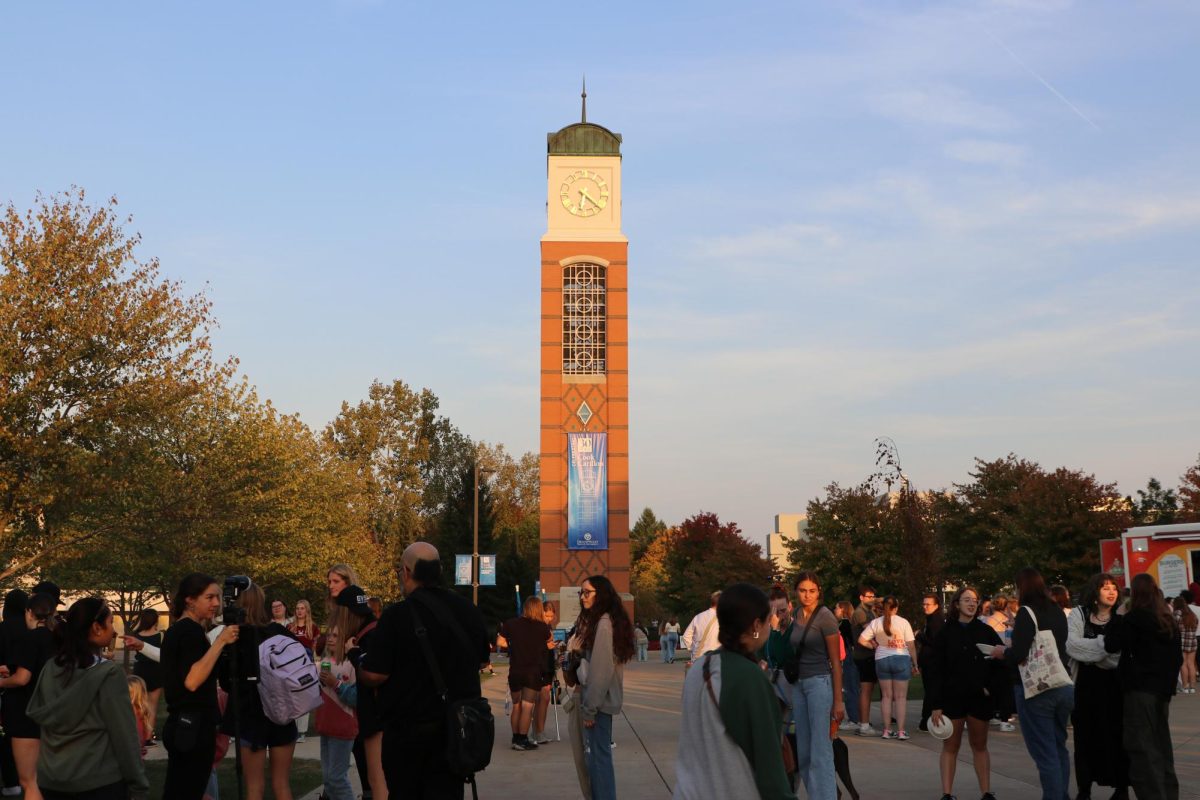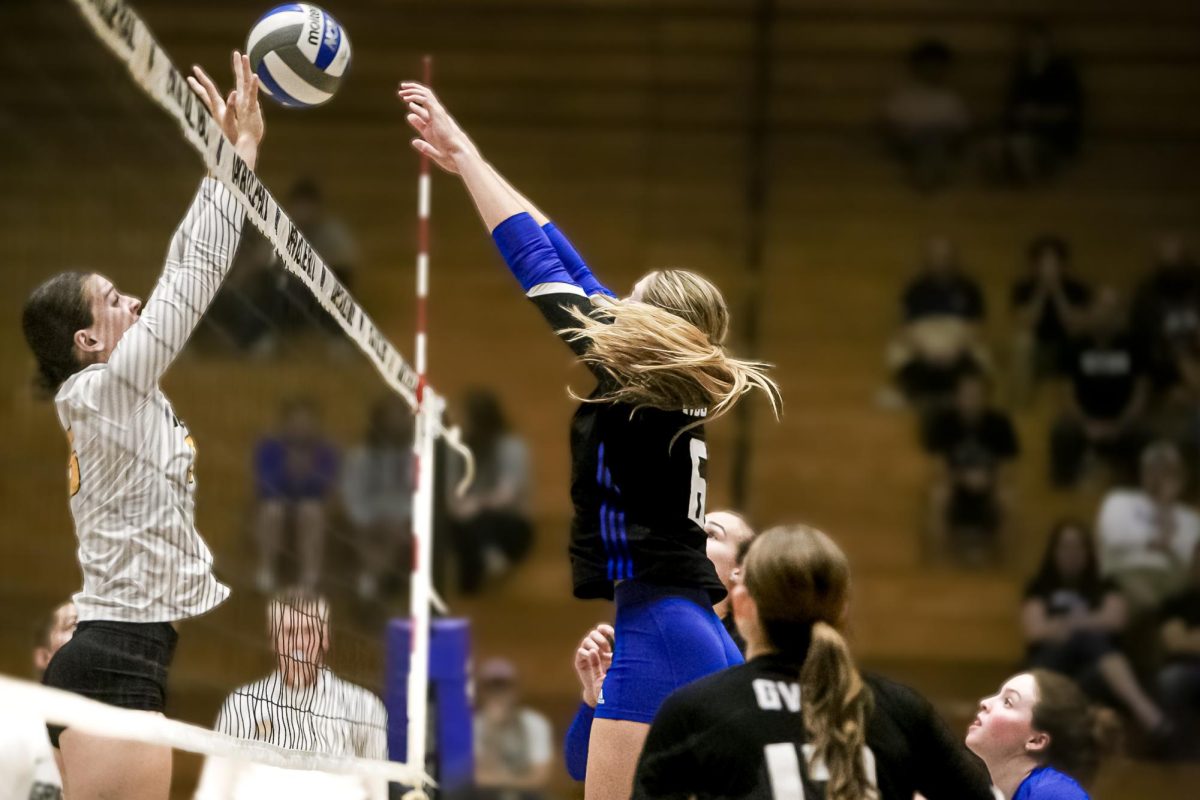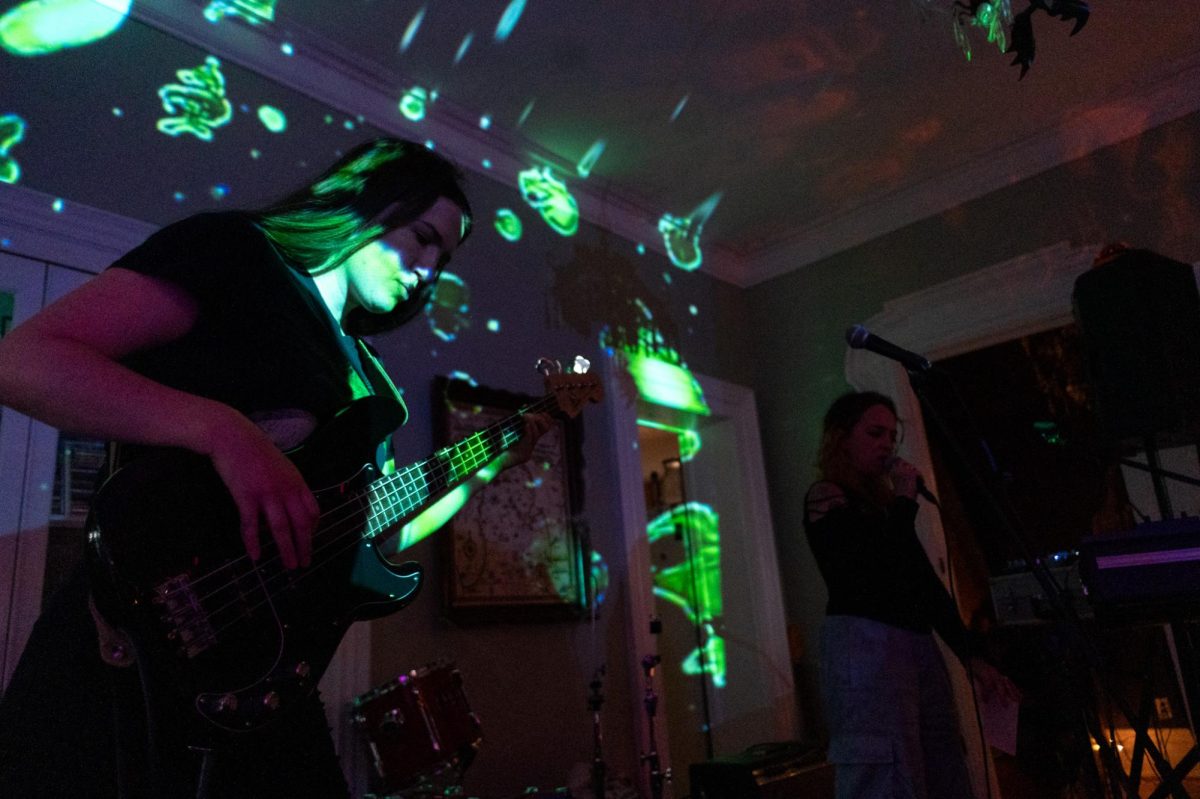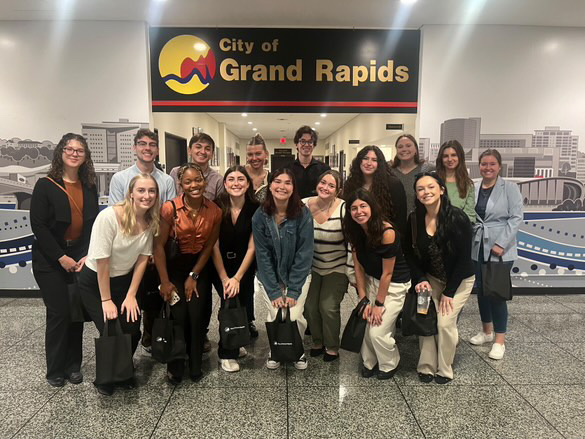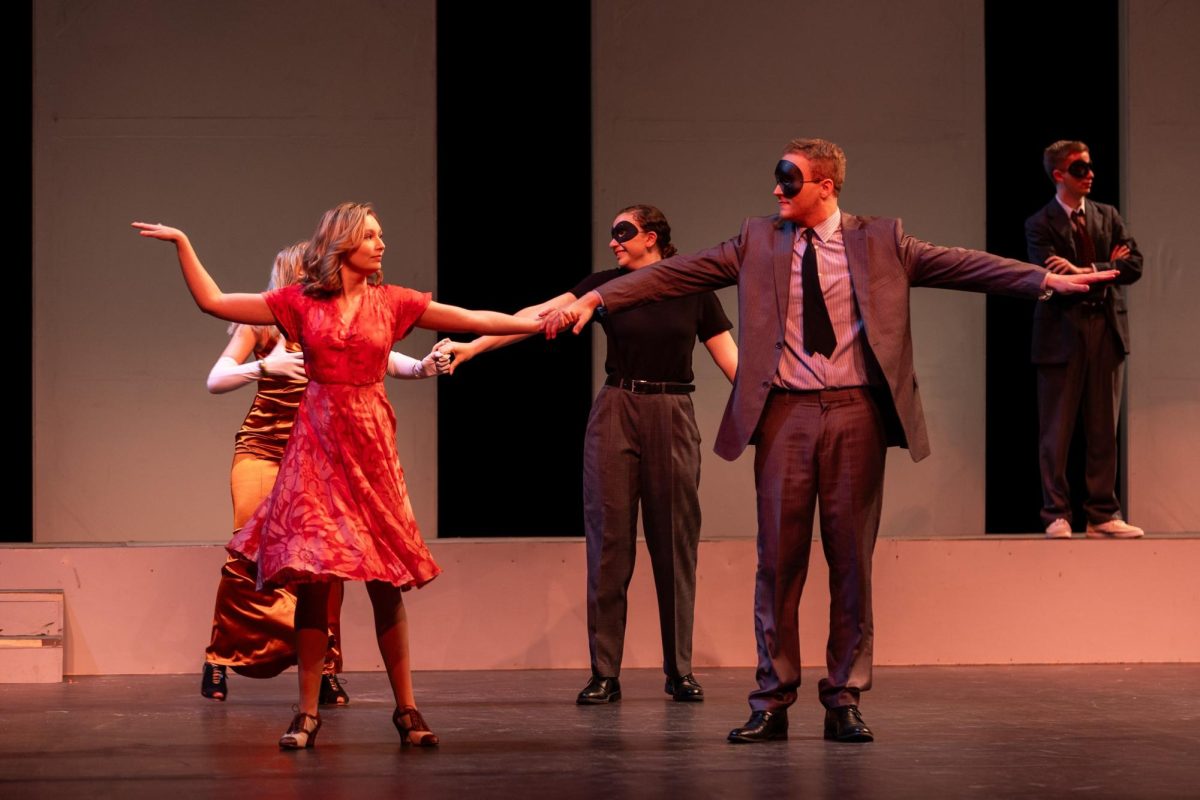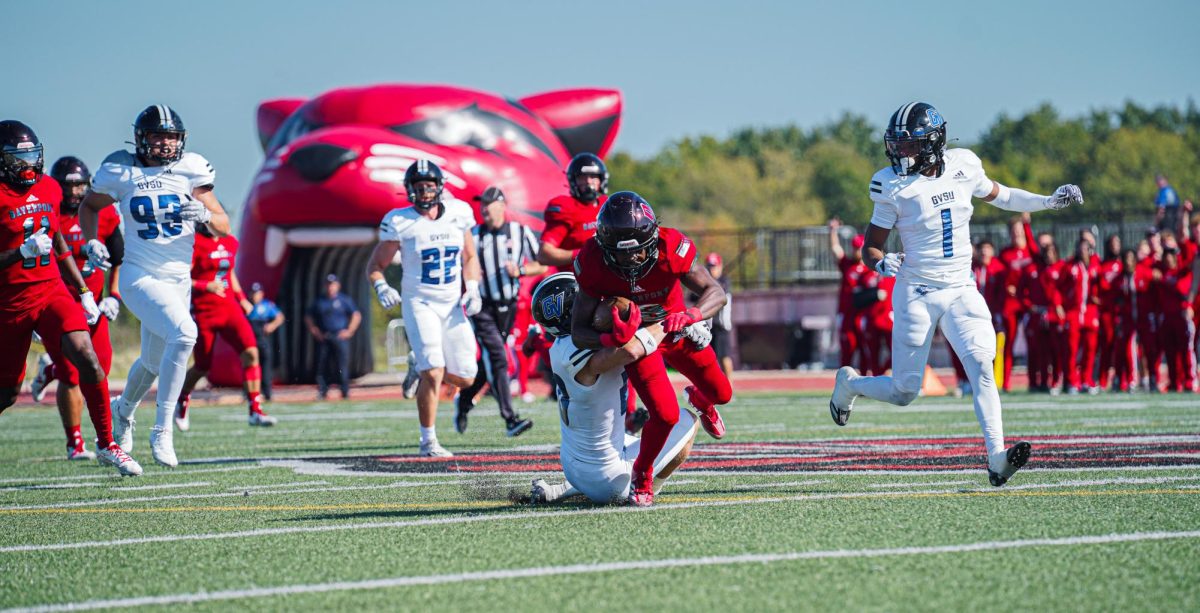Letter to the editor: Power, privilege and political correctness
Oct 29, 2015
When we talk about political correctness, let’s make one thing clear – the lens in which you see the world makes all the difference when it comes to having opinions on issues that may or may not pertain to you or how you live your life. The real world has been happening, for some people, since birth, and in this real world, the seemingly safe bubble that is a Liberal Arts university does nothing but amplify how real the world that they live in is. Being a decent human being is something that people of historically disenfranchised groups need to make it through their daily lives – call it an exaggeration, but it’s true. When daily life is filled with an ongoing stream of microaggressions, seemingly harmless on the individual occurrence, but overwhelming when experienced multiple times a day, every day, it can get pretty exhausting.
What some might call “political correctness” is actually being considerate to the needs of others, being aware of the power of words; essentially it’s just the bare minimum effort to be a decent human being. In “the real world” it is necessary to have healthy interactions with others, thus it’s important to note our words and actions do not exist in a vacuum. In coming from a position of power and privilege, it is of the utmost importance for one to be aware of their power and privilege, and understanding how these factors play into their interactions with other people. Columbus Day and the underlying celebration of historical yet still prevailing oppression is not something that can just be ignored and will eventually disappear – such as a cancerous tumor cannot just be ignored with the hopes that it eventually will disappear.The cancerous tumor needs treatment to go away – surgery, chemo, radiation – and the like. Institutionalized oppression needs treatment to go away as well – “political correctness”, human decency, accountability, empathy, and the like. Ignoring something, for people who come from places of disenfranchisement, does not solve their problems nor improve their condition.
Living in a bubble may work for those who hold identities of power and privilege, but it most definitely does not work for the rest of society, who may hold singular, or even multiple disenfranchised identities. Those who hold identities of privilege are able to feel “as comfortable as possible” at an institution such as a Liberal Arts college or university, but for the rest of us, who don’t, it’s not quite that simple. The “poor baby” sentiment that people of privileged identities have has got to go. It’s invalidating, and minimizing, especially coming from someone who will never have that type of lived experience.
We cannot be complicit in the subtle and not-so-subtle harm perpetuated between students at GVSU, because in allowing for minor incidences of prejudice, discrimination, and intolerance, we make room for major instances of bigotry and hatred to occur. It may seem like a stretch, but for every joke, snarky comment, and broad generalization made at the expense of a marginalized group, there’s someone overhearing and feeling affirmed in their genuine hostility, and the ability to act on feelings with no repercussions. It makes injustices toward marginalized groups socially acceptable. One only has to look at the app Yik Yak in order to gain some insight on how many students view others who have marginalized identities.At the end of the day, the initial point is understood – people are not here to make everyone feel comfortable. The reality is that comfortability is not guaranteed, and it’s not necessary for the college experience to be fruitful. But human decency makes the experience for others to be a little more bearable, and getting oneself educated can make for this human decency to be obtained. A little goes a long way.



